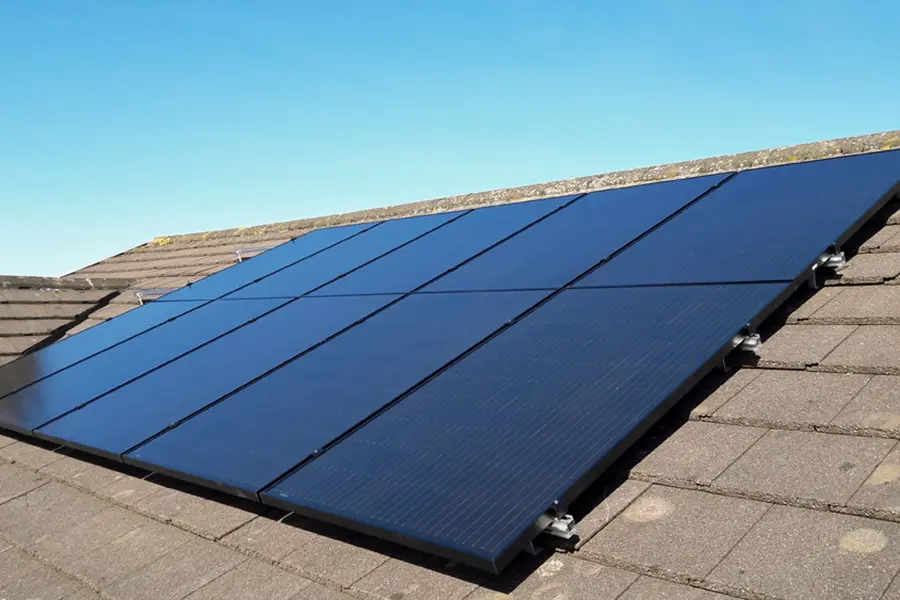Solar energy has become one of the most popular and rapidly growing sources of renewable energy in the UK.
As more households and businesses adopt solar power, it’s important to understand the broader implications of this shift.
Beyond the obvious financial considerations, such as the traditionally elevated solar panel cost in the UK, solar energy has the potential to cause a significant environmental and economic impact that makes it a crucial component of the UK’s energy future.
Reducing the Carbon Footprint
One of the most compelling reasons to install solar panels is their ability to drastically reduce a household’s or business’s carbon footprint. The UK government has set ambitious targets to reach net-zero carbon emissions by 2050, and solar energy is a vital part of this strategy.
Solar panels generate electricity by harnessing sunlight, a completely clean and renewable source. Unlike fossil fuels, which release harmful greenhouse gases when burned, solar power produces no direct emissions. By installing solar panels, the average UK household can reduce its carbon dioxide (CO2) emissions by approximately 1.5 to 2 tonnes annually. Over the lifespan of the system, this reduction can have a substantial impact on combating climate change.
In addition to reducing greenhouse gas emissions, solar panels help decrease other forms of air pollution. Traditional power plants, especially those that burn coal, release pollutants such as sulfur dioxide and nitrogen oxides, which contribute to acid rain and respiratory problems. Solar energy, in contrast, produces no such pollutants, leading to cleaner air and healthier communities.
Read more: DroitwichStandard






